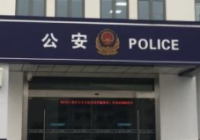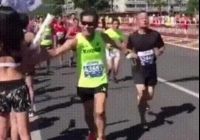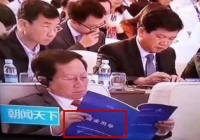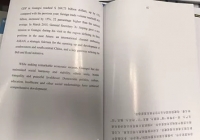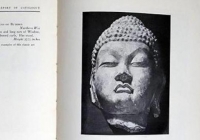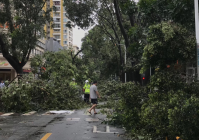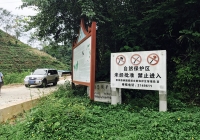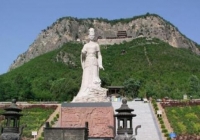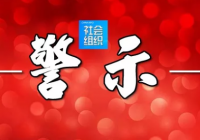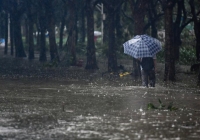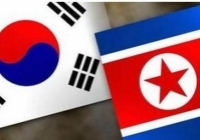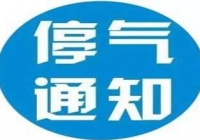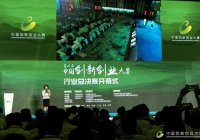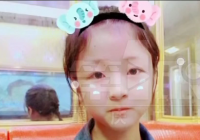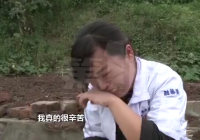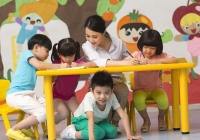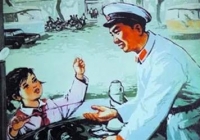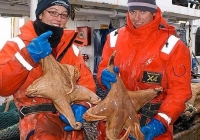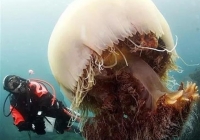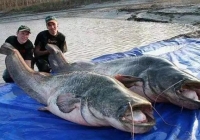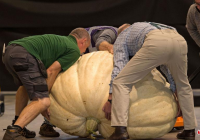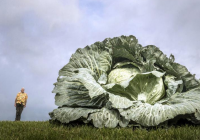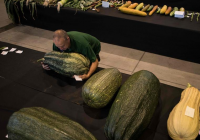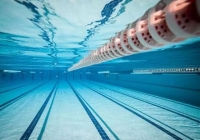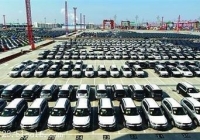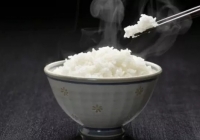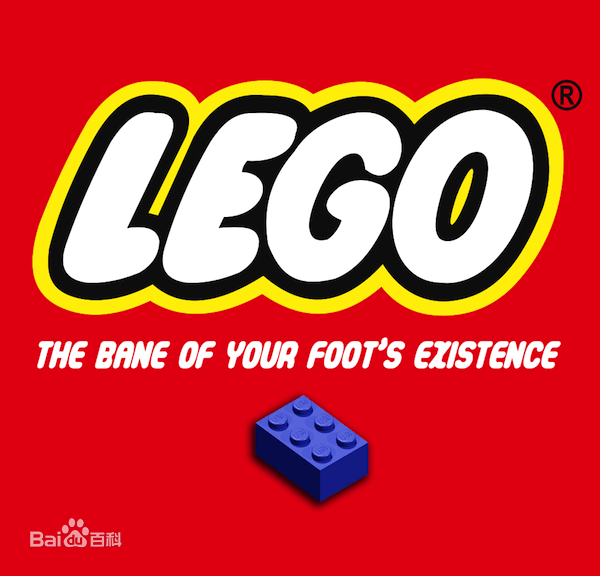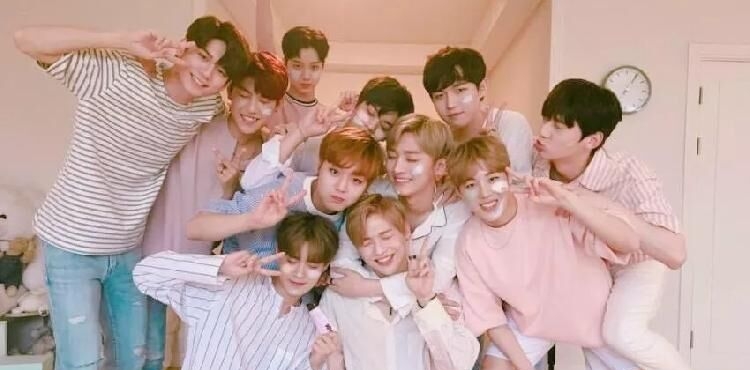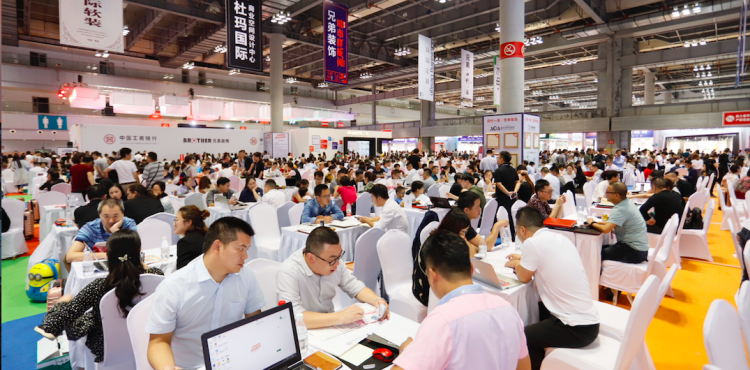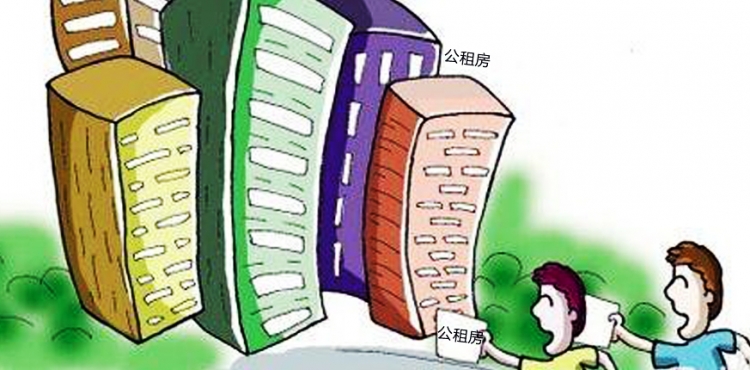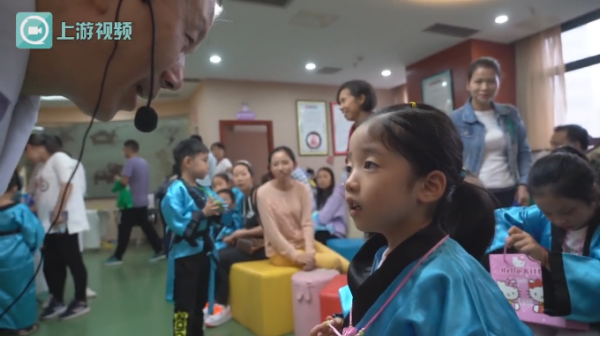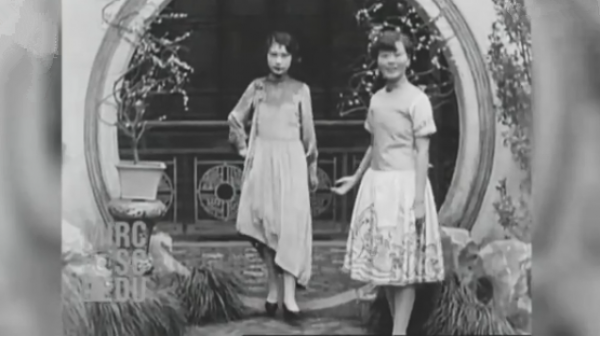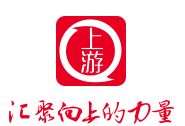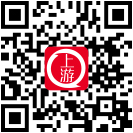

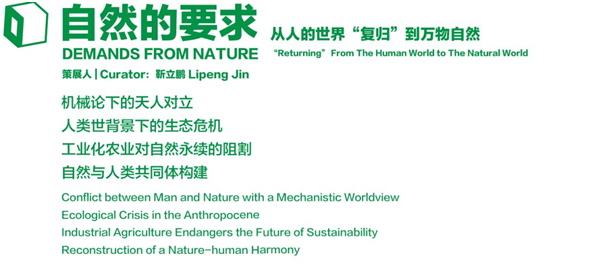


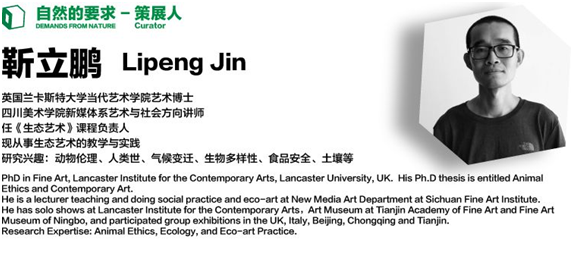
今天的农业和生态危机肇始于西方启蒙时代以来的传统科学观。它是一种对立的、机械论的理解和对待自然的观念,与东方顺应自然、天人合一的宇宙观形成鲜明的对比。它不仅是当今整个西方工业文明的基石,而且已经渗透入了全球经济、社会、农业和文化等各个方面。
人类的城市化和工业化即是对自然不断围剿蚕食和掠夺的过程。艺术节的现场北碚蔡家正在见证的是被城市和资本吞噬的乡村现场,是正在消失的自然和我们的精神家园。 想到眼前动植物的乐园若干年后又要被前篇一律的水泥森林和都市热岛所替代,我们今天留下的可能是对即将消失的自然的最后一瞥。我们似乎已经忘记了:当越来越多的土地被硬化和窒息后,人类的未来也将被窒息。这种掠夺自然的发展模式继续使人类活动成为影响生态与地质的决定性力量,对“人类世”背景下的生态危机推波助澜。
另一个“人类世”的危机同样源自人类对土壤的戕害。 中国几十年间的工业化农业之路割断了几千年永续耕作的传统,继而对西方工业农业的范式亦步亦趋。 现代工业化的单一作物农业消耗大量的化石燃料与矿产资源、需要化肥、农药的不断投入,并依靠大型农机和大规模灌溉来实现高产。 然而这一体系不仅已生产出严重过剩且“有毒”的食物,使公众健康与食品安全问题成为众矢之的,而且所用化肥、农药多流失于环境。 现今农业作为最大的污染源,正在推动整个生态系统污染、赤潮、珊瑚白化与气候变迁。
这一范式将自然视为机器而非将人与自然视为生命共同体。按照利奥波德的“大地伦理”法则,土壤连同气候、水、植物、动物共同构成了土地共同体。 但是现代农业并非在“维护土地共同体的完整、稳定和美丽”,而是在摧毁人类永续发展的未来。依赖化肥、农药和大型农机具的现代农业正在使蜜蜂、蝴蝶、蚯蚓和微生物离我们远去。 这些生命的远去使整个生态系统难以再享受到它们提供的传粉、松土和吐故纳新的免费服务。
自然系统是各种复杂关系的集合,各种生物与大气、海洋、河流和土地之间有着复杂的共生共演的关系;地球是一个生命与非生命世界相互作用的复杂系统。人类自身只是这个沟通天地万物的网络系统中平等的一份子。中华文明可以绵延几千年不绝就在于农业生产能够处理好天地人的关系,今日的生态失衡亦源于传统农耕文化的衰落。
所以欲修复自然与生态,必先修复文化和精神。生态与诗意建构的乡村建设实践即是帮助我们学会倾听和尊重自然,重建一种对于天地和生命的信仰。它既是融合艺术、哲学、农业、生态和科学的跨领域探索:通过种植和建设整合传统农业、朴门永续、自然农法、设计、建筑和工程。它也是通过对话与沟通建立互信、活化社群的跨主体实践:结合在地的生态与文化,通过公共艺术行动恢复民众对传统的信念,唤起公众对土地河川的关注。它以自然之法修复受伤的土地和河流,与杂草、昆虫和鸟儿为友,进行跨物种的合作,努力恢复生物多样性;最终获得安全健康的食物,修复我们的身体,实现“身”与“土”的良性互动和循环,即人类与自然的和谐共生。
“零废弃”艺术节
呼唤自然的复归是对工业文明的反思。工业文明这个巨大机器将自然资源吞噬转化的最终结果即是围城的垃圾。垃圾是工业文明的内在顽疾:假如地球是一个被称之“盖娅”的生命体,不断蔓延的垃圾堆是否是其不断扩散的毒瘤。 为了能够知行合一,我们将在艺术节推行“零废弃”理念,将创意与想象融入对于“废弃物”的转化,使观者能以新的视角看待这些废弃物,想象它们的来龙去脉;以培养一种对物的尊重和敬畏,一种俭省和联系的意识,而不再是用毕就扔的消费文化中的盲目与无知。
具体倡议如下:
1、在宣传和展示物料上使用环保材料,不用KT板等难降解材质。
2、鼓励自带水杯,准备玻璃杯,尽可能不用一次性塑料和纸杯,不准备瓶装水。
3、茶歇食品包装尽量避免独立包装。
4、用餐尽可能“光盘”。
5、鼓励自带餐具。
6、准备垃圾分类箱。
不沾油的果皮、蔬菜等单独收集用于堆肥。
塑料制品。
纸制品。
有毒物品。
7、对回收物进行后续处理;联系相关部门。
8、鼓励艺术家以此为主题进行相关的创作。
9、节约艺术创作所用材料。
10、以电子形式发布各种信息。
- 策展人 靳立鹏
Today’s agricultural and ecological crisis began with the modern scientific views on nature since the Enlightenment in the West. It is a dualistic, mechanistic understanding and treatment of nature, contrasting with the cosmology of the East, that is, conformity with nature and the unity of nature and man. It is not only the cornerstone of today's entire Western industrial civilization, but has penetrated into all aspects of the global economy, society, agriculture, and culture. This mode of exploitation of nature continues to make human activities a dominant force affecting environment and climate, contributing the ecological crisis in the age of the Anthropocene.
The industrialization of agriculture in China in the past decades has utterly replaced traditional Chinese farming with thousands of years of history, and has followed this as a new paradigm ever since. Modern monculture requires a large amount of fossil fuels and mineral resources and continuous investment in fertilizers, herbicide and pesticides, relying on big agricultural machinery and large-scale irrigation to achieve high yields. However, this system has produced excess and toxic foods, causing public health and food safety issues. Meanwhile the proliferation of fertilizers and pesticides into environments makes agriculture the largest source of pollution, engendering environmental problems such as red tide, coral bleaching and climate change.
The industrial paradigm views nature as an inert machine rather than a living entity, ignoring the symbiotic relationship between human and nature. According to Leopold's Land Ethic, soils, waters, plants, animals, and microorganisms constitutes“the land”, or a biotic community. But modern agriculture is not "maintaining the integrity, stability, and beauty of the biotic community," but instead destroying the future of sustainable development. Modern agriculture, which relies on fertilizers, pesticides, and agricultural machinery, is keeping bees, butterflies, earthworms, and microbes away from us. The vanishing of these lives makes the entire ecosystem unable to enjoy the free ecological functions they offer such as pollination and soil-loosening.
The natural system is a nexus of complex relationships and interactions. There exist interconnected, symbiotic, and co-evolving relationships between all the life forms and the atmosphere, oceans, rivers and land. The Earth is a complex system in which life and non-life world interact,.and in which human beings are just a common member. The secret of the Chinese civilization lasting for thousands of years lies in a fact that traditional Chinese agriculture can handle the triad relationship between heave, earth and man, continuously striving to follow nature. I believe the holistic principle embodied in traditional Chinese farming will inspire eco-art practice in rural revitalization.
Eco-art rural revitalization helps us learn to listen, respect and follow nature, with regard and reverence for life. It is a cross-disciplinary exploration of art, philosophy, agriculture, ecology and science by integrating traditional agriculture, permaculture, design, architecture and engineering. It is also an inter-subjective practice of building mutual trust with community members through dialogue, interaction and collaboration, so as to combine the ecology and culture of the locality, to restore public beliefs about cultural traditions, and to raise public concern with the land and river. T In order to restore biodiversity and repair damaged land and rivers in a natural way, it encourage dancing with non-human species, befriending weeds, insects, birds, and countless microorganisms. Ultimately, we could obtain safe and healthy food, repair our body and soul by regaining a virtuous cycle, the harmony between man and nature.
“Zero Waste” Art Festival
The return of nature demands a critical reflection on industrial civilization, a juggernaut that sucks up natural resources and eventually turns them into ever-expanding landfills. If the Earth is a living organism known as Gaia, it is now inflicted by the escalating waste crisis, the tumor of industrial civilization. To combine knowing and doing, we promote the concept of “Zero Waste”, reducing and transforming waste into art through creative alchemy. In so doing, viewers could look at waste from different angle and imagine its past and future, so as to cultivate a sense of respect towards matter, of frugality and connectiveness, rather than ignorance and blindness propelled by consumer culture.
Details:
1. Creatively use environmental-friendly material for promotional purpose.
2. Encourage to bring your own flask/cup, no bottled water provided.
3. Avoid separately packaged tee break snacks.
4. Avoid food waste.
5. Encourage to bring your own food container, chopsticks, spoon etc.
6. Prepare refuse container for garbage sorting
Kitchen waste (for composting)
Plastic
Paper
Toxic waste
7. Contact relevant people to collect the sorted waste for recycling
8. Address this concern through the lens of art
9. Be prudent about material while creating artworks.
Disseminating information by electronic means.
- Curator Lipeng Jin
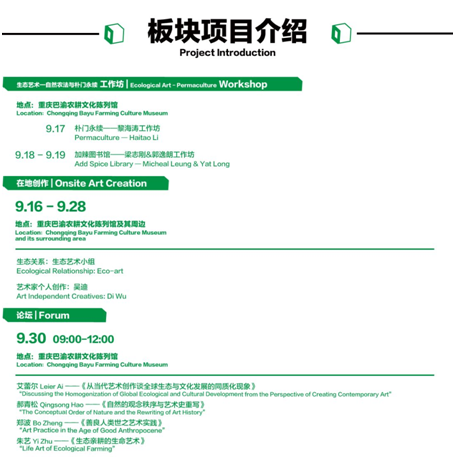

朴门永续—黎海涛工作坊
Permaculture - Haitao Li
9.17
公众参与:限额报名,后续将发布详细信息,敬请期待。
Public participation: Quata Registration, detailed information will be released in the future, please stay tuned.
工作坊推介 | Workshop Introduction:
朴门永续(Permaculture)以师法自然为准则,是一项结合生态、园艺和农业的可供食用的生态系统;它不仅仅是设计和技术,更是全新的文化理念和生活态度。 这种生态农业的方式在当代生态与社群艺术中有着广泛的应用。
这一工作坊也是在响应国家生态文明建设的号召,以具体而积极的方式探讨现代农业带来的食品安全、环境污染、 “三农”问题,以及城市化带来的人与自然、土地关系的断裂等问题。
此次工作坊重点在于通过户外小块土地上的实操训练了解朴门具体的操作和设计方式;尝试以食物花园的方式来营建自然和社区环境和修复水土。
Permaculture is an edible system that combines ecology, horticulture and agriculture. It is not only design and technique, but also a new cultural concept and attitude towards life and nature. This approach to ecological agriculture has a wide range of applications in contemporary ecological and community art.
The workshop is also in response to the national call for establishing ecological civilization. It explores food safety, environmental pollution, problems of“rural development, farmers & agriculture”, a disconnection between man, nature and land due to urbanization in a concrete and positive way.
The workshop will focus on understanding the specific operation and design methods of permaculture through outdoor training on small patches of open ground to build a sustainable environment and restore water and soil system.
导师介绍 | Tutor Introduction:

加辣图书馆—梁志刚&郭逸朗工作坊
Add Spice Library - Micheal Loung & Yat Long
9.18 - 9.19
公众参与:限额报名,后续将发布详细信息,敬请期待。
Public participation: Quata Registration, detailed information will be released in the future, please stay tuned.
工作坊推介 | Workshop Introduction:
加辣图书馆是一个与公众分享生态辣椒种子和农耕杂志的公共艺术项目。它包括一个邀请公众来集体创作一个不断“生长”的、以24节气为基础的农耕历,从而创造新的交换,并鼓励大家种植自己的食物。 农耕历将被绘制在边长1.6米的正方形画布上;最后与农耕杂志一起被展示于艺术节的其他空间。
The Add Spice Library invites people to collectively create a Chongqing Growing Calendar, in relation to the 24 solar terms. The calendar will be hand-painted on a 1.6-metre square piece of canvas and exhibited for the remaining parts of the festival.
导师介绍 | Tutor Introduction:
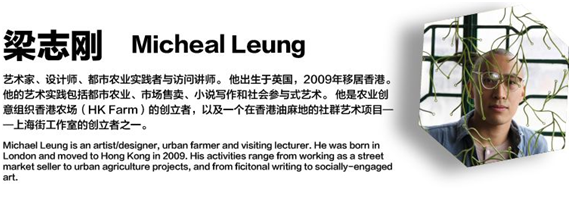

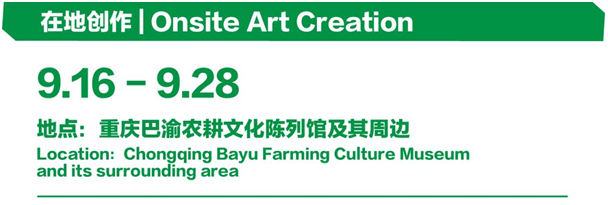
生态关系—生态艺术小组
Ecological Relationship - Eco-art
公众参与:艺术家完成在地创作后,将推出在地成果展,敬请期待。
Public participation: After the artist completes the onsite art creation, we'll hold an exhibition, please stay tuned.
生态艺术小组简介 | Eco-art Group Introduction:
生态艺术小组融合艺术、生态、科学以及在地的历史与文化,以新类型公共艺术的方式探讨生物多样性、农业、土壤、河流、废弃物、新能源与扶贫等主题。
以建设者的姿态参与乡村生态与文化建设,通过一系列注重趣味性和参与性的艺术方式来实现跨领域对话,唤醒生态意识;利用朴门永续的设计理念与方法,疗愈土地、山川、社群与心灵,恢复生物多样性,促进农业、社会和文化的转型,以期实现自然生态在乡村的“复归”和人类的永续。
Through socially-engaged practice, Eco-art group integrates art, ecology, science, local history and culture, exploring the intersections of biodiversity, agriculture, soil, rivers, waste, new energy, and poverty alleviation.
With a constructive approach to rural revitalization, they strive to establish cross-disciplinary dialogue by employing creative and participatory methodology. To awaken ecological awareness, they deploy a wide range of media and processes for creating site-specific projects, in the hope of restoring land and mountains, communities and spirits, and of achieving the "return" of nature and environmental sustainability.
参与艺术家 | Artists:
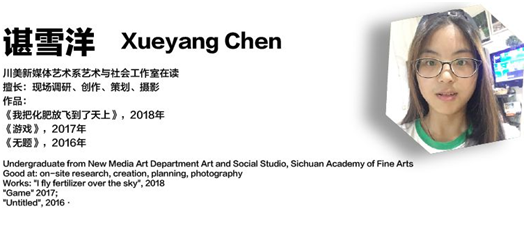
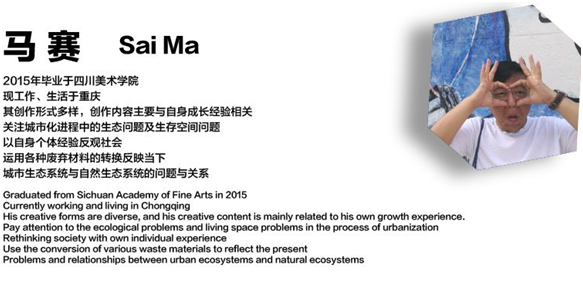

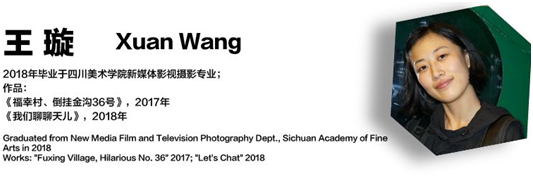
艺术家个人创作
Art Independent Creatives
公众参与:艺术家完成在地创作后,将推出在地成果展,敬请期待。
Public participation: After the artist completes the onsite art creation, we'll hold an exhibition, please stay tuned.
参与艺术家 | Artists:


“自然的要求”—从人的世界“复归”到万物自然
Demands From Nature - “Returning” From The Human World to The Natural World
公众参与:不限额公开参与。
Public participation: No limit public participation.
主持 Host:靳立鹏 Lipeng Jin
演讲主题及嘉宾 | Presentation Theme&Guest:
郑波《善良人类世之艺术实践》
郝青松《自然的观念秩序与艺术史重写》
艾蕾尔《从当代艺术创作谈全球生态与文化发展的同质化现象》
朱艺《生态亲耕的生命艺术》
Bo Zheng "Art Practice in the Age of Good Anthropocene"
Qingsong Hao "The Conceptual Order of Nature and the Rewriting of Art History"
Leier Ai “Discussing the homogenization of global ecological and cultural development from the perspective of creating contemporary art”Yi Zhu “Life Art of Ecological Farming"
论坛嘉宾介绍 | Forum Guests:
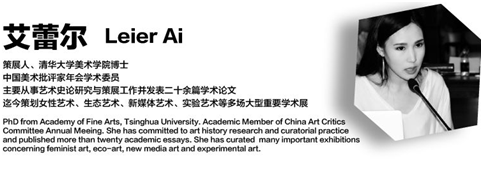
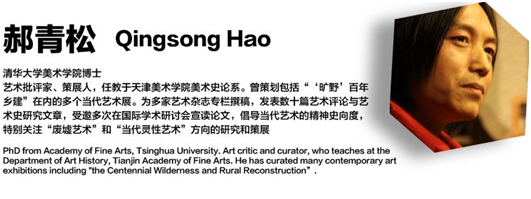
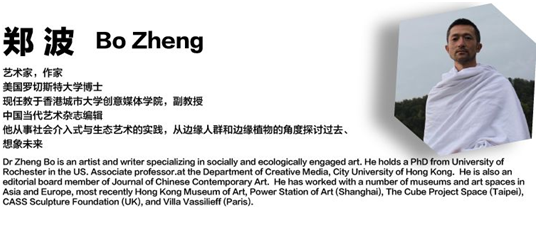
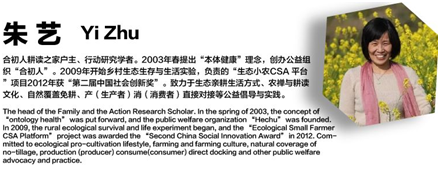
【免责声明】上游新闻客户端未标有“来源:上游新闻-重庆晨报”或“上游新闻LOGO、水印的文字、图片、音频视频等稿件均为转载稿。如转载稿涉及版权等问题,请与上游新闻联系。

